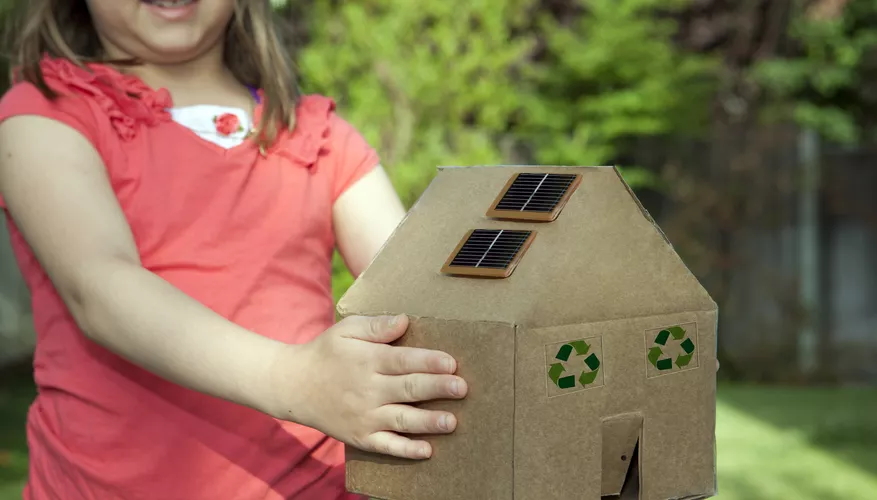As solar energy continues to rise in popularity as a renewable and sustainable source of electricity, the education and involvement of our youth is crucial. Children are the future stewards of our planet and therefore need to be educated on the importance and benefits of solar energy. By introducing solar energy concepts in classrooms and field trips to solar farms, children can better understand its potential and how it can positively impact their own lives and the environment.
Additionally, solar energy initiatives in schools can not only save on electricity costs but also serve as real-life examples for students to see solar energy in action. As young adults enter the workforce, this early exposure could lead to increased interest in solar energy development and implementation careers. Engaging with solar energy at a young age helps nurture a cleaner, more sustainable future for generations to come.
How Does the Use of Solar Energy Contribute to The Development of Children?
The use of solar energy can have a positive impact on children’s development, both in their physical environment and within their communities. On an individual level, solar power can provide reliable access to electricity for lighting and communication, improving a child’s ability to study and access information. On a larger scale, solar energy can reduce air pollution and decrease reliance on fossil fuels, creating healthier surroundings for children to live and play in.
Additionally, the development and use of solar technology can lead to job creation and economic growth in communities, providing children with improved educational opportunities as well as resources for their future development. Overall, incorporating solar power into our energy mix helps create a better world for children to grow up in.
How Can We Raise Awareness Among Children About the Use of Solar Energy?
One way to raise awareness about solar energy among children is through education. The incorporation of solar energy into classroom curriculum can help introduce the concept at a young age and provide the opportunity for hands-on learning experiences. Field trips to solar panel farms or factories can also be informative and exciting for children.
Additionally, installing solar panels in schools can serve as a tangible demonstration of solar energy usage and potential savings on electricity bills. Community events such as solar energy fairs or festivals may also be effective in reaching both children and their families. By presenting information in various formats and through various channels, we can effectively educate and raise awareness about solar energy among youth.
Educating Children on Solar Energy
The future of solar energy is bright, but it can only reach its potential with the support and education of our youth. By teaching children about solar technology and its benefits, we can encourage the adoption of solar energy in both homes and businesses. This not only reduces our dependence on fossil fuels but also helps to mitigate the effects of climate change.
Solar energy is a clean, renewable source of power that can be used for nearly any purpose. Educating children about solar energy equips them with valuable knowledge for their adult lives and sets the foundation for a more sustainable future. The younger generation will play a crucial role in solving our world’s environmental challenges, and solar education is an important step toward this goal.
Conclusion
Solar energy is becoming more and more popular for a good reason. It’s a sustainable resource that can help reduce your carbon footprint while also saving you money on your energy bill. If you’re interested in learning more about solar energy or want to install a system at your home, contact Solaviva today. We would be happy to introduce you and your children to this amazing renewable resource.


